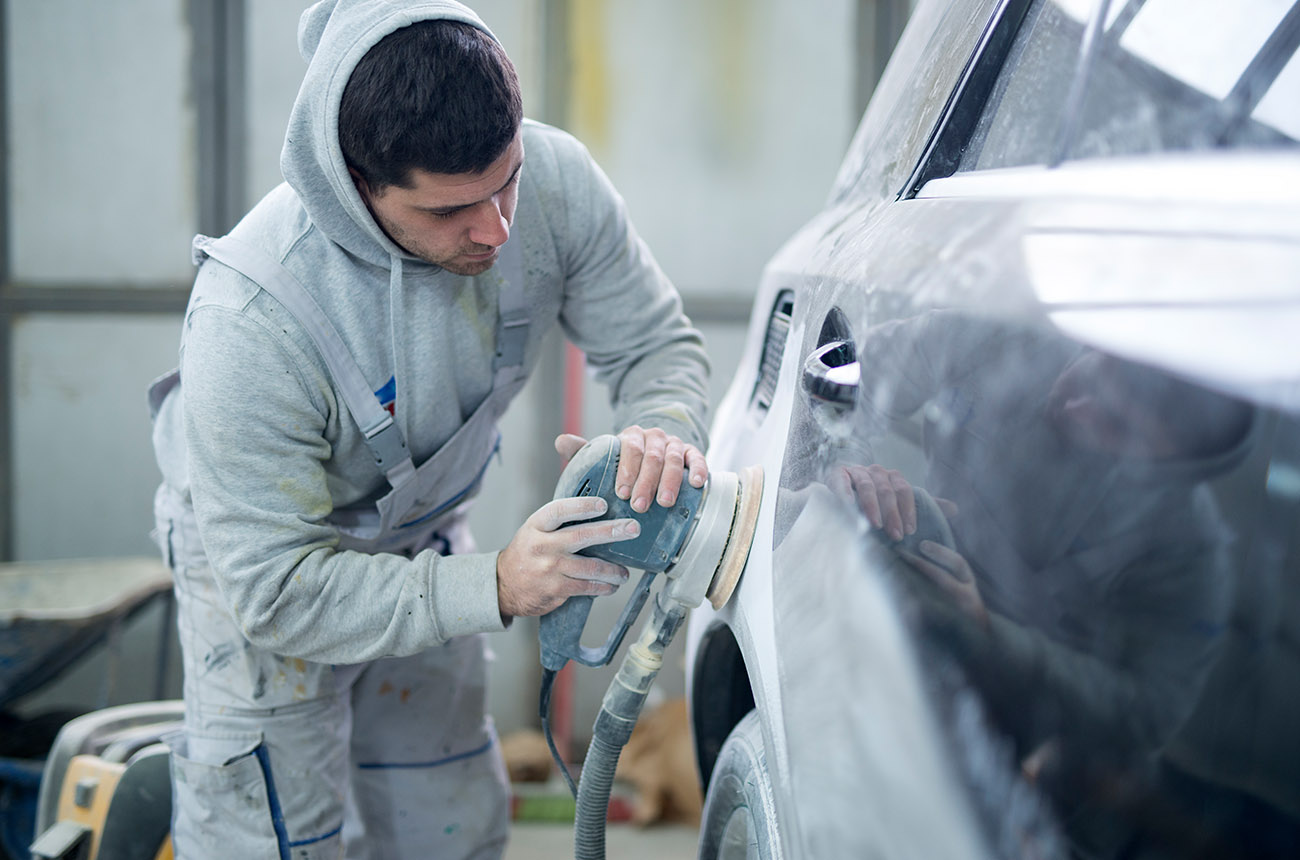Government’s EV Loan Program to Boost Accessibility
The Motor Trades Association of Australia (MTAA) welcomes today’s announcement by the Australian Government to offer discounted loans for electric vehicles (EVs). This initiative marks a significant step towards accelerating EV adoption and supporting the transition to a cleaner, more sustainable transport system.
Backed by $150 million from the Clean Energy Finance Corporation (CEFC), the program will offer low-interest loans to workers earning less than $100,000 annually, as well as essential workers such as police officers, teachers, firefighters, and nurses.
It is understood that loans will be made available for both new and used EVs, helping to build confidence in the EV marketplace by strengthening the residual value of these vehicles.
Industry Applauds Government’s Support for EV Transition
“MTAA commends the Government for its ongoing efforts to make low-emission transport more accessible to Australians,” said Matt Hobbs, CEO of MTAA. “This initiative will play a vital role in helping more Australians make the switch to EVs, which is essential for reducing emissions.”
The announcement comes on the eve of Australia’s first-ever New Vehicle Efficiency Standard (NVES), set to take effect on 1 January 2025. This landmark policy aims to accelerate the transition to low-emission vehicles and ensure Australians have access to more sustainable options in the market.
Incentives Needed for EV Market Growth
“The Government has listened to industry. The settings to decarbonise transport need to be both carrot and stick—not just all stick through the fuel efficiency standard,” Hobbs said. “Ultimately, for the automotive industry to succeed in the transition, consumers need to buy the cars. As we have seen overseas, targeted consumer incentives are crucial to making that happen—they are a key part of the decarbonisation jigsaw puzzle that we are working to solve.”
In addition to the loan program, MTAA acknowledges the Australian Government's broader strategy to stimulate EV uptake, including:
- The $60 million automotive business EV charging infrastructure fund
- Fringe Benefits Tax (FBT) exemptions for EVs
- Financial support for apprentices working on EVs
These programs are crucial for ensuring the automotive sector is well-equipped to meet the growing demand for EVs.
Role of Dealers and Repairers in EV Transition
As EV adoption accelerates, the automotive retail sector—including dealerships and independent repairers—must have the right resources to sell, service, and repair these vehicles effectively.
“The role of dealerships and independent repairers is indispensable in this transition,” Hobbs continued. “They are the ones who sell, service, and repair electric vehicles, and it is essential the Government invests in the tools and training required to support these businesses in maintaining EVs.”
MTAA remains committed to working with the Australian Government to ensure a successful transition to electric vehicles, benefiting Australian consumers, the automotive industry, and the environment.
About MTAA
The Motor Trades Association of Australia (MTAA) is the peak body representing the interests of the automotive retail sector across the nation. Through proactive engagement, MTAA helps shape sound public policy on issues that affect the retail motor trades, small businesses, and consumers.
MTAA’s member associations include the Motor Traders’ Association of New South Wales, the Victorian and Tasmanian Automobile Chamber of Commerce, the Motor Trade Association of South Australia and Northern Territory, the Motor Trade Association of Western Australia, and the Motor Trades Association of Queensland.
At the national level, MTAA acts as a unified voice, representing the interests of the automotive sector to the federal government and influencing key policy decisions. Its work includes identifying and addressing issues impacting the sector and advocating for the needs of automotive businesses through ongoing discussions with government.








